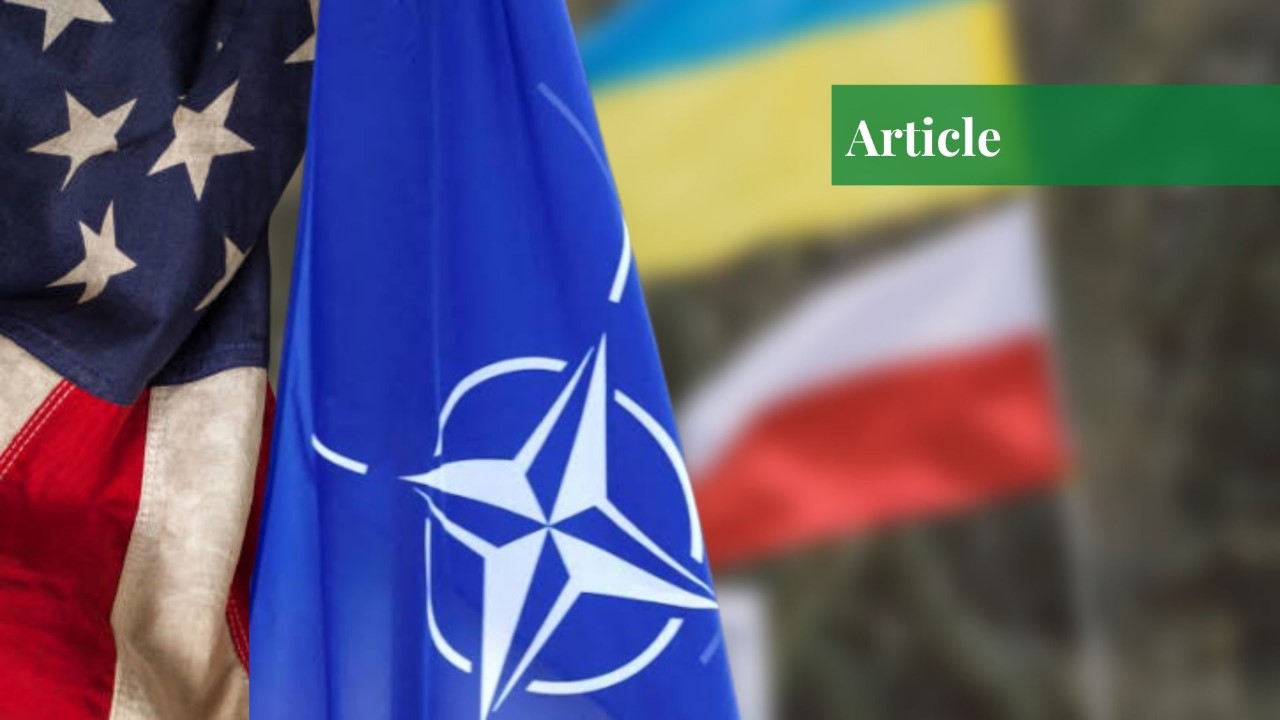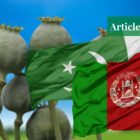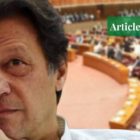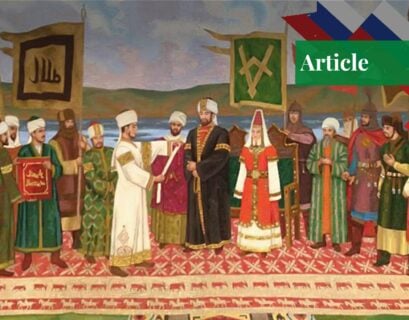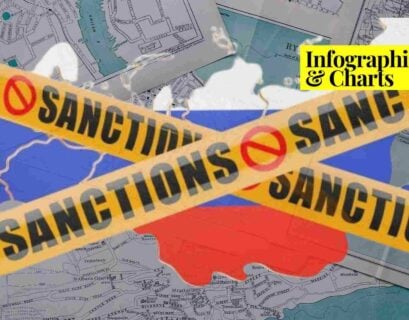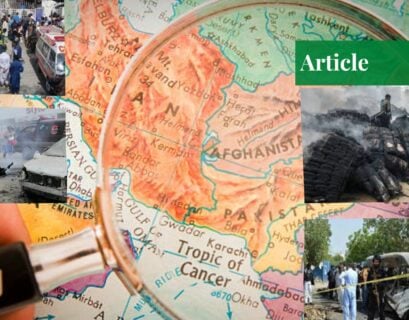Ms Palwasha Aftab is an IR graduate and has previously worked with the Eurasian Century Institute (ECI), an Islamabad-based think-tank, as a research associate.
The Inevitable War
Despite weeks of diplomacy to avert the Russia-Ukraine war, including visits to Moscow by French President Emmanuel Macron and German Chancellor Olaf Scholz, Russia’s key security concerns could not be addressed. They included formal assurances from the West to forgo Ukraine’s integration into NATO, non-deployment of strategic weapons in Ukraine, and the return of NATO to its pre-1997 borders.
Washington and Brussels, however, termed those demands as ‘non-starters.’ Eventually, the situation turned dire when the Russian President Vladimir Putin recognized the independence of the two rebel-held republics of the Donbas and sent the Russian troops therein.
NATO Expansion
Putin has been emphatically critical of the US-led NATO enlargement towards the East, especially its growing overtures towards Ukraine, which holds great significance for Russia, owing to its cultural, political, economic, and security interests in Ukraine. Historically, no part of the Russian and Soviet empires has played a larger and more critical role in Russia’s strategy towards Europe than Ukraine itself.
The reasons why the country holds great significance for Russia include its strong cultural, religious, and linguistic ties with Russia, notably Kyiv’s history as the birthplace of the Russian statehood; its pivotal role in the economies of imperial Russia, the Soviet Union, and the Russian Federation — with the net trade between Moscow and Kyiv amounting to $48 billion before the outbreak of the 2014 revolution; and above all, its significance as a strategic depth between Russia and other major European powers.
For the most part of Russia’s history, it has highly been dependent upon its need for strategic depth. The hunt for strategic depth has defined Kremlin’s policy as early as the times of Peter the Great. Notably, the strategic depth saved Russia from defeat in 1812 against the Napoleonic army and during World War II against the army of Hitler.
With the collapse of the USSR and the continuing NATO enlargement, Russia has lost that strategic depth, the restoration of which defines the Russian security policy. Thus far, for the Russian president and his team, no mission is more pivotal than the return of Ukraine to Russia’s political and economic sphere of influence.
In view of the deep Russian interests involved in Ukraine, Kremlin has consistently warned that it considers NATO’s eventual membership for Ukraine — which shares a long border with Russia — as a “red line.” Russian leaders have also referred to the 1999 OSCE Charter for European Security, according to which nations “will not strengthen their security at the expense of the security of other states.”
The Russian officials have argued that this means Brussels and Washington cannot stretch their military infrastructure towards Russia’s neighborhood without taking it on board. However, pertaining to Ukraine, Washington and Brussels never agreed to compromise on NATO’s open-door policy.
One immediate outcome of this inflexible Western posture has been the reluctance on part of the Ukrainian government to implement the Minsk-2 agreement — reached among Russia, Ukraine, France, Germany, and the EU — which aimed at guaranteeing Ukrainian sovereignty and territorial integrity in exchange for Ukrainian neutrality, raising, in turn, concerns in Kremlin that Ukraine could soon become NATO’s staging ground against Russia.
Russia’s Counter-attack: War on Ukraine
Against this backdrop, Moscow, while making its cost-benefit analysis on the question of using force in Ukraine, will not only factor in the costs of its military action now, but also the costs of not acting militarily, which primarily entail a hostile Ukraine that is beefing up its military power.
The point here is not to condone Russia’s current military operation in Ukraine, but to underscore that just as vital US interests in Central America have justified all previous US actions there, the same is being demonstrated today by Russia in its own backyard, Ukraine. Currently, Putin has justified his use of “special military operation” on grounds of denazifying Ukraine of its anti-Russian elements, mainly the incumbent regime, which Putin views as a Western puppet.
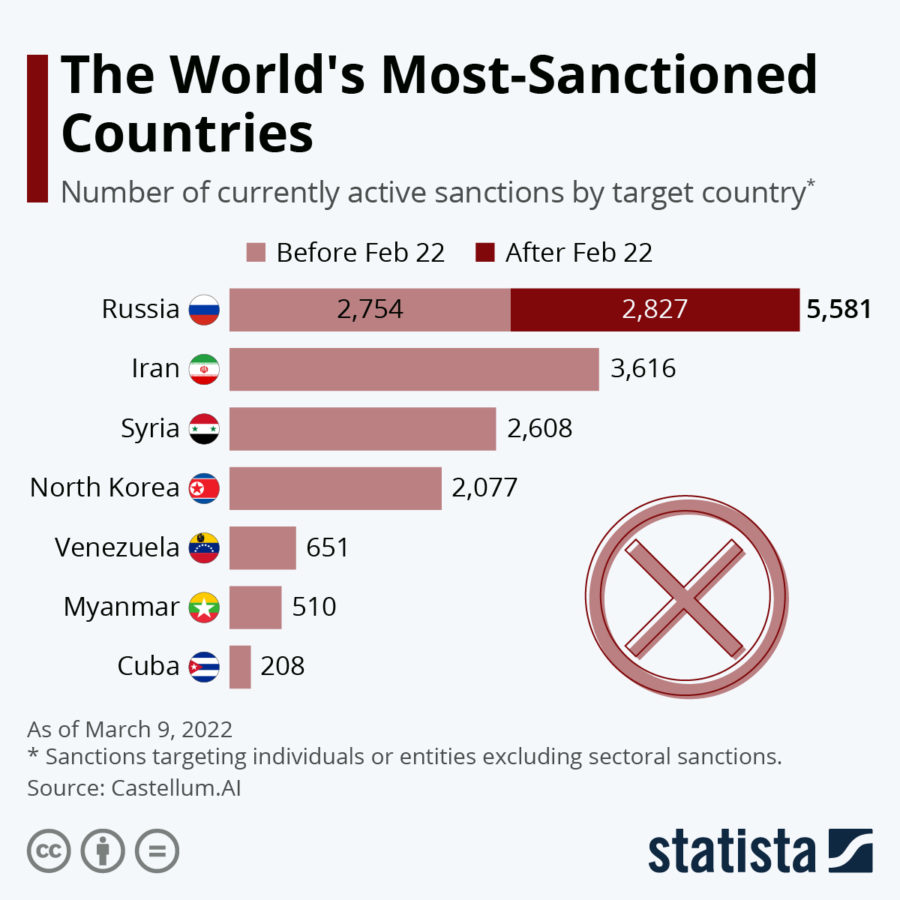
Furthermore, on February 27, in wake of the aggressive statements from the NATO leadership and the salvo of economic sanctions rained down by the West on Russia, Putin, in a bid to coerce the West to back down on Ukraine, raised the costs of the crisis to an unprecedented level by authorizing his military command to put Russia’s nuclear deterrent on high alert. While the prospect of war escalating to a nuclear level remains slim, it, however, cannot be ruled out.
Pakistan’s Neutrality at Risk
Interestingly, although Pakistan has nothing to do with the ongoing Russia-Ukraine war and the escalating tensions between Russia and the West, the current European security crisis has become a major irritant for Pakistan in pursuing a neutral and independent foreign policy.
Pakistan is faced with the pressure to choose either the United States and the European Union, with whom its core economic interests are aligned, or side with Russia, which Pakistan views as substantial not just for strengthening its bilateral defense and economic ties, but also for its cooperation in other major areas of concern.
These areas include the establishment of a broad-based and stable government in Afghanistan, fighting regional terrorism, facilitating connectivity and trade projects with Central Asia, as well as countering Islamophobia.
Measures for the Security Crisis in Europe
In the present situation, in view of the sensitivities and far-reaching implications of the current security crisis in Europe, it is imperative to carve out balanced and sustainable peace in Europe, for the achievement of which a speedy and consensual settlement of the Russia-Ukraine war in particular and the build-up of a new European security order in general, remain intrinsic.
Concerning the Russia-Ukraine war, a few measures must be taken such as a formal agreement declaring the neutral status of Ukraine along with the withdrawal of the Western weapons. There should be a return of the Donbas republics — with complete autonomy — to a federal Ukraine, but if a majority of the population of the two breakaway republics resist reunion with Ukraine, then the present status-quo, that is, the independence of the Donbas republics must be preserved.
The issue of Crimea, another bone of contention between Russia and Ukraine, should also be resolved as per the wishes of its people through a fresh referendum regarding the union with Russia held under the supervision of the international organizations such as the U.N. or the OSCE, and the result should be ratified by the UN Security Council.
Meanwhile, concerning the wider Europe, countries that matter the most for the European security — the United States, France, Germany, Russia, and the United Kingdom — must be engaged in intensive negotiations on building a new ‘European security order’ that accommodates not only the vital interests of NATO and the EU but those of Russia as well.
Such measures would not just bring durable peace to Europe but will also liberate countries like Pakistan from the pressure of choosing between Russia and the West, both of which are significant for realizing Pakistan’s diverse set of interests.
If you want to submit your articles, research papers, and book reviews, please check the Submissions page.
The views and opinions expressed in this article/paper are the author’s own and do not necessarily reflect the editorial position of Paradigm Shift.
